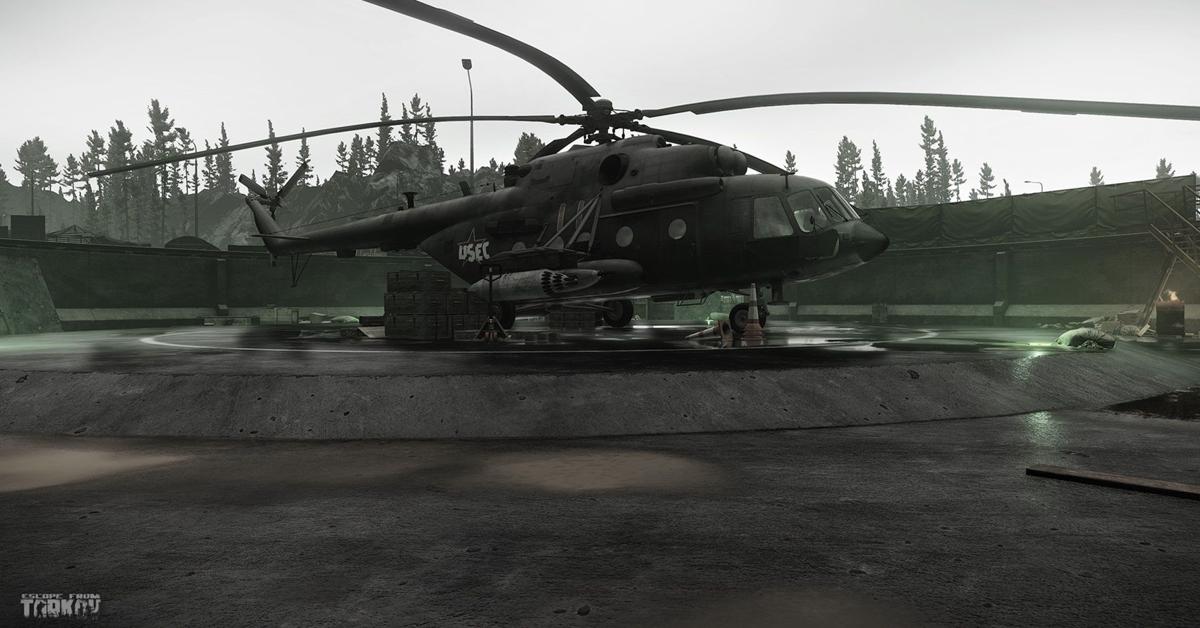Developer Battlestate Games has banned thousands of cheaters from its popular extraction shooter Escape from Tarkov in a short period.
Highlights
Developer Battlestate Games has banned over 11,000 cheaters in just over two weeks from Escape from Tarkov with the help of BattlEye anti-cheat.
Escape from Tarkov's focus on realism and high-stakes gameplay has made it attractive to cheaters, jeopardizing the game's appeal and player retention.
Critics argue that sharing ban lists without specific details may be seen as a "stunt" rather than a genuine effort to enhance game security and combat cheating.
Developer Battlestate Games gives players an update regarding BattlEye and how it deals with cheaters in Escape from Tarkov. The developer says that over 11,000 cheaters have been banned from Escape from Tarkov in just over two weeks.
Escape from Tarkov is one of the best known and most popular entries in the rapidly expanding "extraction shooter" genre. The game casts players as scavengers and armed operators infiltrating the hostile, lawless city of Tarkov. There they must contend with both NPC enemies and hostile players, escaping the zone with as much loot as they can manage to secure. Escape from Tarkov's focus on realism and high-stakes gameplay gives the game a brutal edge that is core to its appeal. However, that same competitiveness has made it very attractive to players willing to cheat, hack, and play dirty.
Battlestate Games isn't laying down on the job, though. Its latest round of bans on discovered cheaters has ensnared more than 11,000 players, according to a post on the official Escape from Tarkov Twitter account. The announcement itself said that the list and bans were issued "with the help of BattlEye anti-cheat." BattlEye is an anti-cheat service provider that works with Escape from Tarkov's and is part of the suites of anti-cheat measures in games like Rainbow 6 Siege and PUBG.
The latest wave of Escape from Tarkov bans covers the period from December 27, 2023 to January 12, 2024. Like other ban waves, the update also linked to a spreadsheet containing all the users banned for cheating. Containing only usernames, however, the spreadsheet was light on specifics, and didn't give information about what cheats were detected or if Battlestate had found countermeasures to them. This vagueness has led some critics to decry the sharing of Escape from Tarkov ban lists as "stunts" meant to mollify angry players rather than make the game more secure.
Highly competitive games like Escape from Tarkov are extremely attractive targets for cheaters and those developing them. Tarkov in particular has high stakes, where players that are killed lose what they carried into the zone. Such devastating setbacks can be even more demoralizing when they come as a result of another player cheating and gaining an unfair advantage, leading players to quit or turn against the game completely. Even the mere perception of an online game like Escape from Tarkov having a "cheating problem" can damage its ability to attract new players or retain existing ones. Whether or not Battlestate Games' efforts are successful or a stunt, it'll be critical to its 2024 plans for Escape from Tarkov, and its recently launched Escape from Tarkov: Arena spin-off mode, to further clamp down on cheating.
